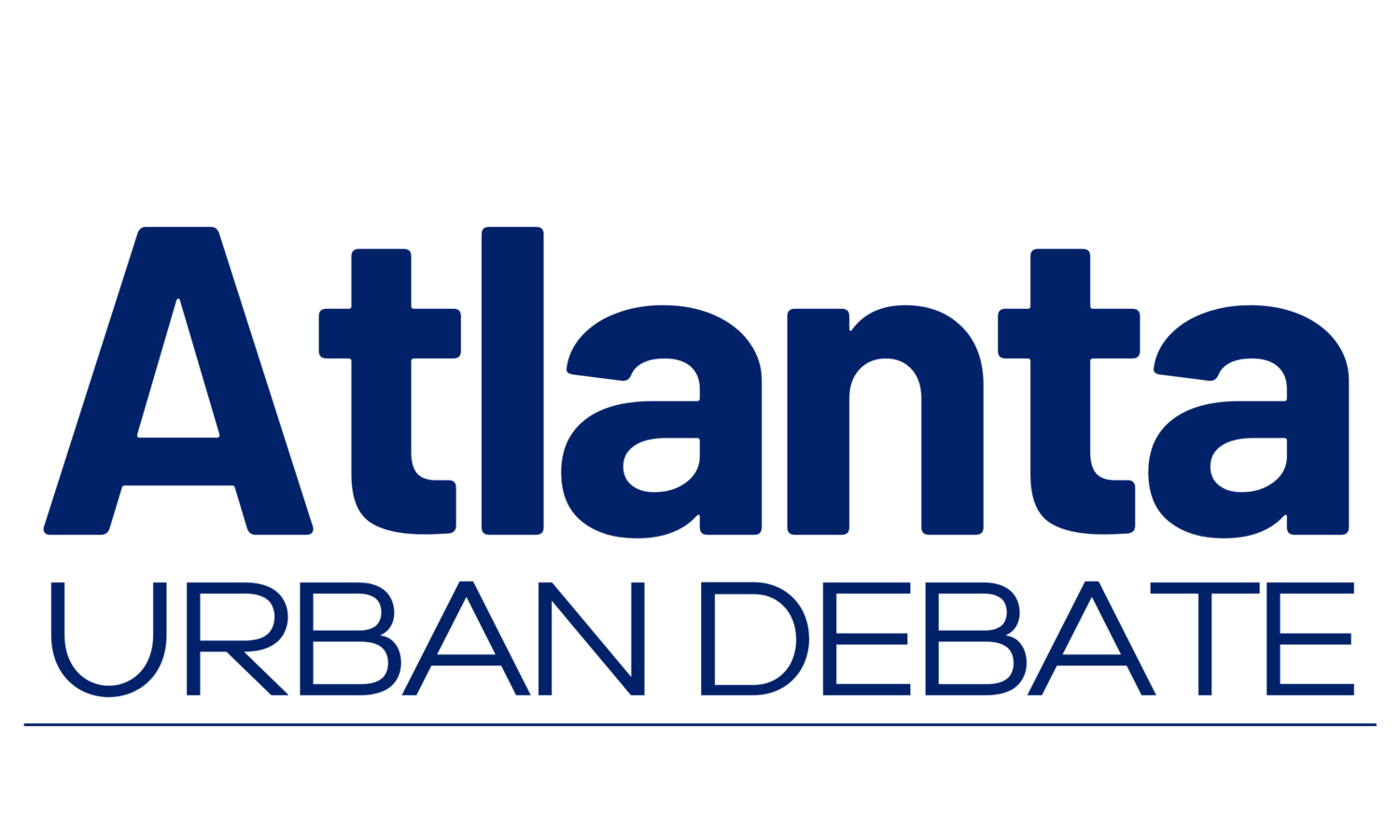The Atlanta Urban Debate League is committed to providing excellent debate education programs, services, and opportunities to diverse students, educators, and members of the community!
High School Open Curriculum Guide
The Kritik
A Kritik is a type of negative argument that questions the assumptions that the affirmative has made, and it proposes some alternative to those assumptions. Like a disadvantage or a counterplan, you’ll read it as an off-case position in the 1NC.
Reading a Kritik
When you read a Kritik, you’re asking the judge to take a step back and to question the reasoning that underlies the affirmative. For example, all affirmative teams read a plan text in the AUDL, so one assumption that the affirmative has made is that the United States federal government should take an action. If they’ve read an impact about global warming, for example, they’ve also assumed that climate change is something the government should address.
Whatever assumptions that the Kritik questions, you’ll argue that the affirmative should lose because of the flaws in their reasoning. There are three parts of a Kritik:
First, you’ll read a link. The link identifies an assumption the affirmative has made, and it explains why making that assumption can be problematic.
Next, you’ll read an impact. The impact explains what can happen if we continue to make the assumptions that the affirmative has made. While this singular case of the affirmative may not cause all of your impacts, by not challenging that assumption at every opportunity, those impacts are guaranteed to take place.
Lastly, you’ll read an alternative. The alternative is not a different policy proposal like a counterplan. Instead, it’s a different way of acting or relating to the world. In the world of the alternative, we no longer make the assumptions that the link identified, and we prevent the impacts to the Kritik.
Example Kritik
Let’s say we have this affirmative to work with:
Plan: The United States should fund off offshore oil drilling in the Arctic.
Inherency: The United States is not drilling in the Arctic now.
Harms/Advantage: Oil supplies are key to preserve American economic leadership.
Solvency: Arctic oil drilling boosts American oil supplies.
The affirmative has made a few assumptions. One is that the United States government should take an action. Another is that oil drilling is a morally justifiable practice that should continue. The affirmative has also assumed that the current economic order is worth preserving, and that the United States should continue to lead it.
Link: The affirmative supposes that the United States government should preserve its economic leadership, but American leadership has led to global economic exploitation.
Impact: Ignoring the suffering endured by the global lower classes in the American economic order ensures that future exploitation will continue into the future.
Alternative: The global anti-capitalist movement should replace American leadership.
The goal of the Kritik is to address a more important impact that is assured to take place as a result of the affirmative team’s assumptions. To win, you’ll have to improve that your impact is more important than the affirmative’s – or that the Kritik resolves the impacts identified by the affirmative.
NEXT: Answering The Kritik
